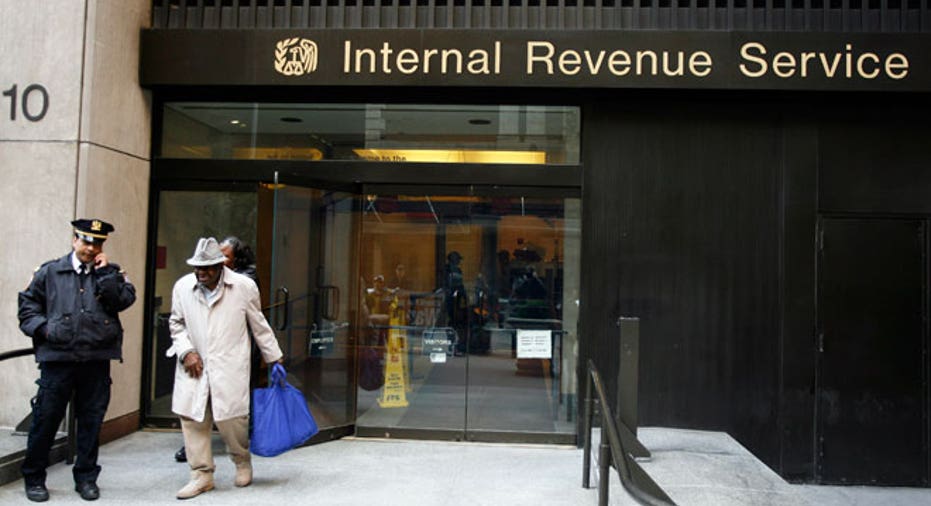How to Appeal an Offer in Compromise

The IRS’s offer in compromise program allows taxpayers to settle their tax liability for less than the amount, but the process to get to an agreed-upon amount is a long one. It’s not like haranguing over the price of a Dodge Dart with a used car salesperson. You don’t just call them up and say, “Hey I owe you $50,000, would you take $35,000?”
There is a set of stringent qualifications and guidelines to follow in order to qualify, and not everyone who owes a tax liability is eligible. The program is generally available to those suffering a hardship or in some cases when there is doubt as to liability.
In May 2012, the Fresh Start Program revised the qualifications and rules and made it easier to obtain an offer in compromise. Historically, the IRS accepts approximately 34% of all offers. So even if it’s easier to get one these days, you can see that pretty much 2 out of 3 offers are rejected. The reasons for rejection vary, but it’s usually because the taxpayer does not understand the game plan.
The IRS uses a strict formula for determining how much it will accept. Even if a taxpayer understands the formula, he or she may not understand how to arrive at the variables of the formula. The IRS will accept the value of the equity in assets plus the difference between a debtor’s monthly income and allowable expenses multiplied by a factor depending on other circumstances. There are allowable actual expenses and there are expenses based on “national averages.” For example, there is a national average, broken down by county, for housing and utilities. If a taxpayer’s actual expenses in this category are $2,200 per month, but he lives in a county where the IRS national average is $1,800 per month—that’s all the IRS allows to be claimed. The agency will reject an offer with a hidden admonition to move to less expensive quarters and use the difference to make payments on the tax bill. These are the considerations that usually cause an offer to be rejected.
If an offer is rejected, the taxpayer will receive a letter, IRS Form 1271, and a report listing the basic reasons why it wasn’t accepted. For people who prepared and submitted the offer themselves, I would suggest that they visit a qualified tax professional to review the decision and determine if there is any way to salvage the offer. Find one who has experience in dealing with offers in compromise. After all, it’s a different ball game than tax preparation or even audit representation.
For people wanting to handle an appeal solo, the IRS has an On-Line Self-Help Tool for determining the best procedure to dealing with a rejected offer in compromise.
According to the IRS, taxpayers have 30 days to request an appeal of a rejected offer and they can request an appeals conference by preparing either a Form 13711, Request for Appeal of Offer in Compromise, or a separate letter with the following information included:
- Name, address, SSN, and daytime telephone number;
- A statement that you want to appeal the IRS findings to the Appeals office;
- A copy of your rejected offer letter;
- Tax period or years involved;
- A list of the specific items you don't agree with and a statement of why you don't agree with each item;
- Any additional information you want Appeals to consider;
- The facts supporting your position on any issue that you do not agree with;
- The law or authority, if any, on which you are relying;
- Sign the written protest, stating this it is true under the penalties of perjury.
If a consumer made a deposit with the offer in compromise, it will be refunded unless it's authorized to be applied to the tax liability.



















